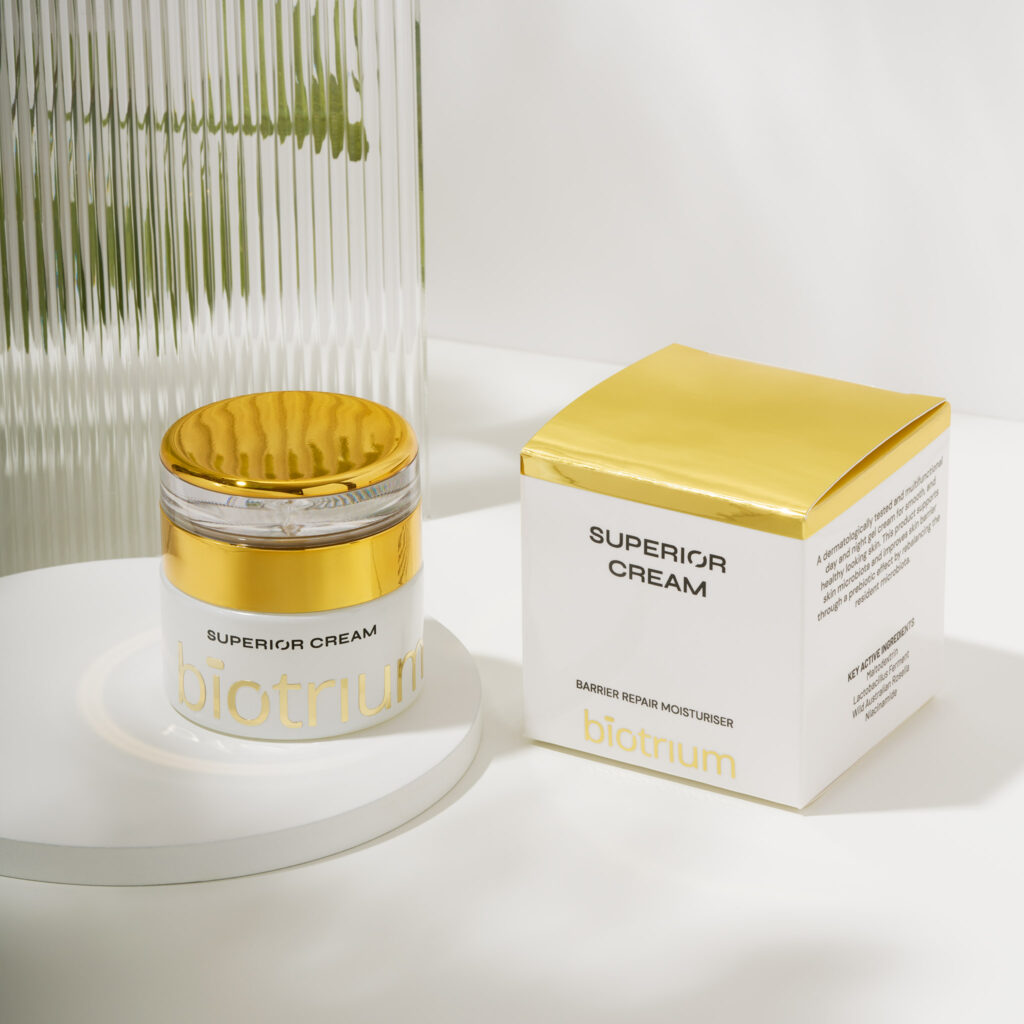No products in the cart.

Bio-fermented ingredients: What is it and what are the benefits
Bio-fermentation has been an integral part of several industries, from food and beverages to pharmaceuticals. In recent years, it has found a significant place in the skincare industry as well. This blog post aims to delve into:
- The origins of bio-fermentation in skincare
- The manifold benefits it offers
- Key skincare ingredients that are bio-fermented
Origins of Bio-Fermentation in Skincare
- Historical Context: Fermentation has been utilized for thousands of years in various cultures for preserving food and enhancing its nutritional content. The process was later adopted in skincare primarily in East Asia, notably in Korean beauty traditions.
- Scientific Evolution: With advancements in biotechnology, bio-fermentation has become more sophisticated. Researchers have been able to isolate beneficial compounds that are a byproduct of fermentation and incorporate them into skincare formulations.
- Commercial Incorporation: Initially, high-end skincare brands were the first to adopt bio-fermented ingredients, owing to the complex manufacturing process. However, it has now trickled down to more affordable ranges as technology has advanced.
Benefits in Skincare
Enhanced Absorption
- Smaller Molecules: Bio-fermentation often breaks down compounds into smaller molecules, making it easier for them to penetrate the skin barrier.
- Increased Bioavailability: The process of fermentation can also make certain nutrients more bioavailable, enhancing their efficacy when applied topically.
Potent Antioxidant Properties
- Free Radical Scavenging: The bio-fermented ingredients often have potent antioxidant properties that help in combating the harmful effects of free radicals.
- Anti-Ageing Benefits: By fighting oxidative stress, bio-fermented skincare products can have significant anti-aging benefits, including reducing the appearance of fine lines and wrinkles.
Improved Hydration
- Natural Moisturizing Factors: Ingredients such as bio-fermented hyaluronic acid have a higher ability to retain moisture, thus providing long-lasting hydration.
- Skin Barrier Reinforcement: Fermented oils and fatty acids can assist in reinforcing the skin’s natural barrier, thus reducing trans-epidermal water loss (TEWL).
Reduced Irritation and Sensitivity
- Selective Isolation: Bio-fermentation allows for the isolation of specific compounds, which can reduce the risk of skin irritation.
- Enhanced Tolerance: The smaller molecule size and the natural origin of the ingredients often make bio-fermented products more tolerable for sensitive skin types.
Key Bio-Fermented Ingredients in Skincare
- Bio-Fermented Hyaluronic Acid: A hydration powerhouse, this ingredient has a smaller molecular size than regular hyaluronic acid, enabling better skin penetration.
- Fermented Green Tea: Known for its antioxidant and anti-inflammatory properties, fermented green tea can revitalize skin and combat signs of ageing.
- Fermented Rice Water: Rich in antioxidants, minerals, and vitamins, it brightens the skin and has anti-ageing benefits.
- Bio-Fermented Sea Kelp: An excellent source of iodine, minerals, and antioxidants, it promotes skin hydration and has anti-ageing properties.
- Fermented Ginseng: Used often in Korean skincare, it revitalises skin and improves elasticity.
Conclusion
Bio-fermentation is not merely a trend in the skincare industry; it is a science-backed approach that enhances ingredient potency, absorption, and overall skin benefits. As the industry continues to evolve, it is likely that bio-fermented ingredients will become increasingly prevalent, offering consumers more effective and natural skincare solutions.
By understanding the origins, benefits, and key ingredients related to bio-fermentation in skincare, consumers can make more informed choices, thereby achieving healthier and more youthful skin.






Leave a Comment: